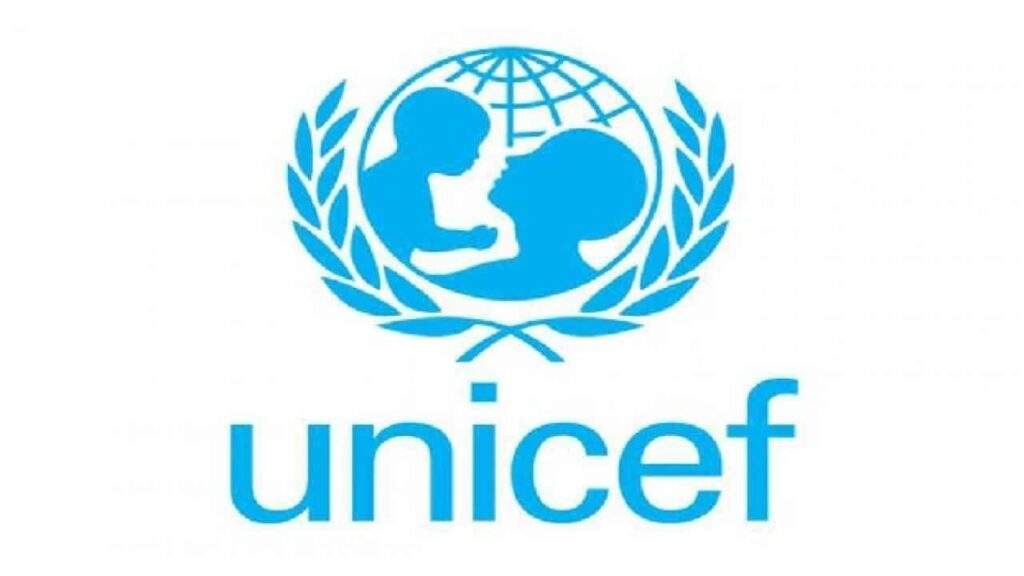The United Nations Children’s Fund, UNICEF, has expressed concerns over the 669 local government areas in Nigeria that are yet to attain an open defecation-free status, highlighting the urgent need for concerted efforts to address this critical issue.
During a media dialogue in Azare, Bauchi State, to commemorate World Toilet Day, Dr Clement Adams, the Officer in Charge of the UNICEF Bauchi Field Office, emphasised the significance of achieving Sustainable Development Goal 6 by 2030 through effective collaboration among the government and stakeholders in Water, Sanitation and Hygiene, WASH.
Dr. Clement Adams commended the people of Katagum local government area in Bauchi State for becoming the 105th local government area in the country to be certified open defecation-free, underscoring the impact of such milestone achievements on public health.
He further pointed out the detrimental effects of poor sanitation on public health, attributing a significant proportion of diseases to this underlying cause, and stressing the need for urgent intervention to mitigate these risks.
“Jigawa is the only state in the country that has all its local government areas certified open defecation free, but we believe other states can emulate their success to ensure the country attains Sustainable Development Goal Number 6 by 2030,” stated the UNICEF OIC.
Emphasising the importance of collaborative partnerships with relevant stakeholders, Dr. Clement Adams urged governments to take necessary measures to bridge the gap and accelerate progress towards achieving open defecation-free status across all local government areas.
The commitment of the Bauchi State government to achieving an open defecation-free status across all 20 LGAs by 2025 was reiterated by the State Commissioner for Water Resources, Nuhu Zaki.
Noteworthy is the achievement of 8 local government areas in Bauchi State as LGA ODF-wide, namely Dass, Warji, Shira, Gamawa, Bogoro, Ganjuwa, Toro, and Katagum local government areas.
Furthermore, it was highlighted that an additional 5,934 communities have been declared open defecation-free, while efforts are underway to bring two other local government areas, Bauchi and Zaki, to the same level of accomplishment.
